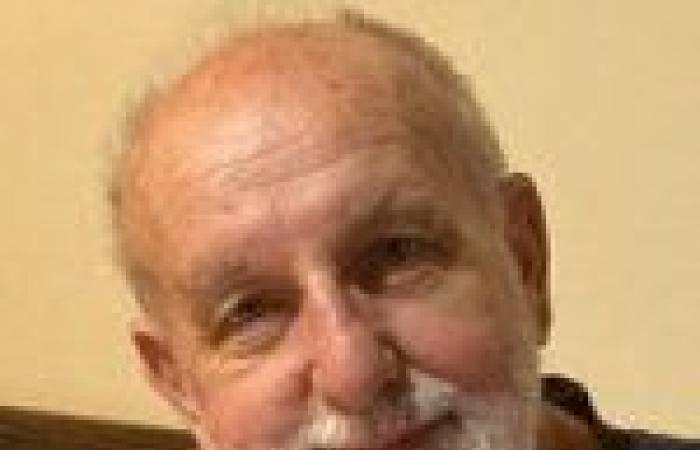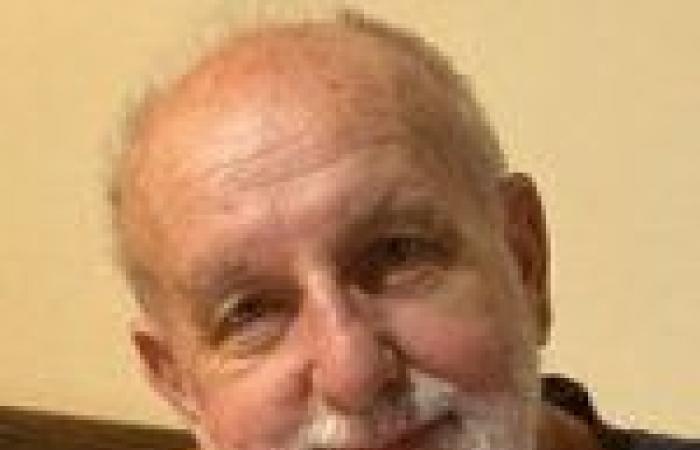by Bruno Agnetti
01 LUG – Dear Director,
as a Volunteer Organization (Runts) composed of citizens/assisted/patients closely connected, for more than 10 years, to the relational and social needs of the daily operation of the General Medicine of our neighborhood, we welcomed with great pleasure the news of the publication of the latest work by Prof. Ivan Cavicchi defined, by the author himself, a daring proposal (“Let’s save healthcare. A necessary reform to guarantee everyone’s right”. Castelvecchi editore 2024).
The analyses and reasoned considerations (which also recall many other publications, articles, interventions, conferences by the same Prof. Cavicchi) are more than exhaustive and do not require further comments. There is a call to reason but also an extreme heartfelt appeal.
Some key themes included in the QS article have raised interest and debate within the “health” volunteer associations. The ODVs are directly involved in this global carom precisely because they experience first-hand the aporias related to healthcare, health and taking care. However, even the third sector is not free from neo-liberal contaminations that tend to erode many practical virtues that are based on the history and traditions of the associations themselves. The risk is that volunteering derails towards the abyss of a consumerist and dis-identification sub-culture.
The cancellation of original and innovative identity cultures impoverishes free (and true) reasoning. The solicitations argued by Prof. Cavicchi are numerous (…the counter-reform processes have gone too far to hope to reverse them; …if we continue to confuse errors and betrayals we will never get out of it…the re-contextualization of Art.32; …save what can be saved with an appeal to reason; …whoever wants to be treated in private can do so freely…). This contribution will focus, for brevity, only on two issues.
“It is not true that health is not a commodity”: for some time now, health has become a product like many others. Even general medicine (family doctor) is considered, by corporate economic regulations, a production. In private companies, health has increasingly become an object of interest and is used as a benefit/accessory allowance (like a car or a telephone). Hidden in the folds of these extra-AACCNN agreements/contracts, sometimes, are hidden “concessions” that conflict with the concept of right to the point of assimilating and confusing rights with privileges (for a few). The recent conference “the welfare of the future” documents a widespread health activity in favor of employees of private companies who are offered, “sua sponte”, pre-established paths presented as prevention opportunities. It goes without saying that all this raises many problems relating to the appropriateness and ethics of these formulations.
Globalization and market freedom have decreed that health is a commodity. One of the most effective definitions of globalization (Bauman) argues that this form allows the economy and finance to escape the control of state policies and tends to invert the power relationship. Without politics or with a subservient politics, inequalities and impoverishment can only increase (globalization or neo-feudalism). The global village (McLuhan) creates the phenomenon of the contextual global vision whereby what happens in one part of the world also happens instantly at a local level (glocalization).
As for the health crisis, no senior management can be exempt from specific responsibilities and the inability to perform self-criticism has caused a horrendous confusion between errors and betrayals. Little by little the interests of small groups have invaded the sphere of collective rights so as to contaminate its community value.
“From the left … and from the right … we are ready to make an agreement”: the bipartisan, bicameral appeal in order to create a common political reform action is a brilliant, wise, conciliatory idea for dealing with complexity and should interest many. Anyone who were to refuse a commitment, in this sense, for such an important public work would make a poor impression. Perhaps “it is an almost unworkable utopian hypothesis but it is a petition of principle”. Necessary est. Skilled minds and knowledge are available (indicated in previous interventions), capable of inserting article 32 of the constitution “into our time and our complexity”. Without this step we only witness the infinite succession of mutual accusations, complaints, abstract or protocol explanations that advance pedantic, definitional claims or extremely hasty, sectorial operations seasoned with truly singular whims.
Manichean positions lead to the denial of complexities. The appeal to reason requires taking into account “new contexts and new rules” so that the plurality of cultures can contain the unreasonableness of unlimited desires and standardized thought. The instance of Prof. Cavicchi and the appeal to a neo-pragmatism is linked to the best philosophical authorities of the thirteenth century (John Duns Scotus, William of Occam) capable of opening new social perspectives. Their models of life, based on daily habit and personal experimentation of life, allows communities to feel at ease in chaos and complexity rather than in a rigid, pre-established and efficiency-oriented order.
The current situation of our NHS requires a cultural structure capable of supporting operations that are not at all simple and not immediate but absolutely necessary. However, the route must be indicated immediately. In particular, at a territorial level, it is necessary to overcome certain economic conceptions according to which goods and services have a use and financial exchange value. A bipartisan political agreement could share, with the prospect of greatly improving the health of people and small communities, the need to reactivate the historic give-receive-reciprocate spiral. The link between caring actions and resources has value only if it is able to strengthen social and creative relationships. Solidarity can therefore be considered a priority and can allow an increasingly human, strong and rewarding public healthcare to coexist with rules deriving from a hierarchy of importance and private healthcare in fair, free competition.
Bruno Agnetti
Health Planning Study Center (CSPS) of Solidarity Community Parma ODV
July 01, 2024
© All rights reserved
Other articles in Letters to the editor










